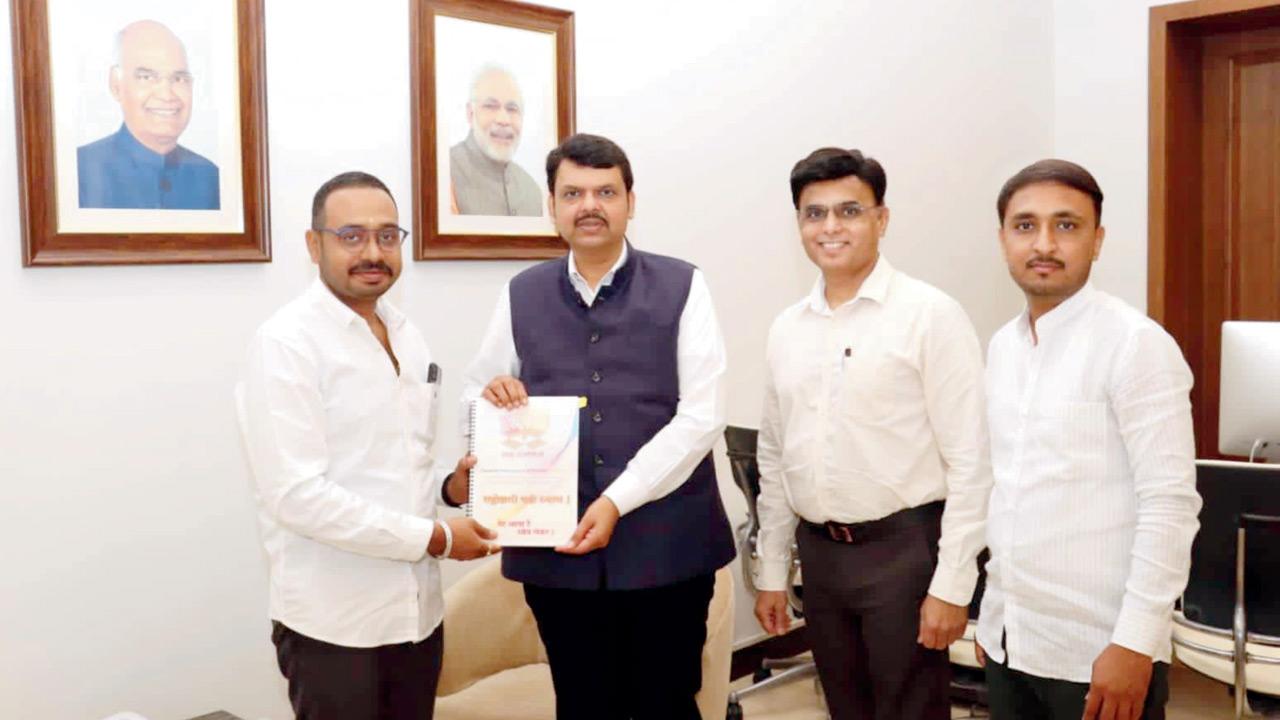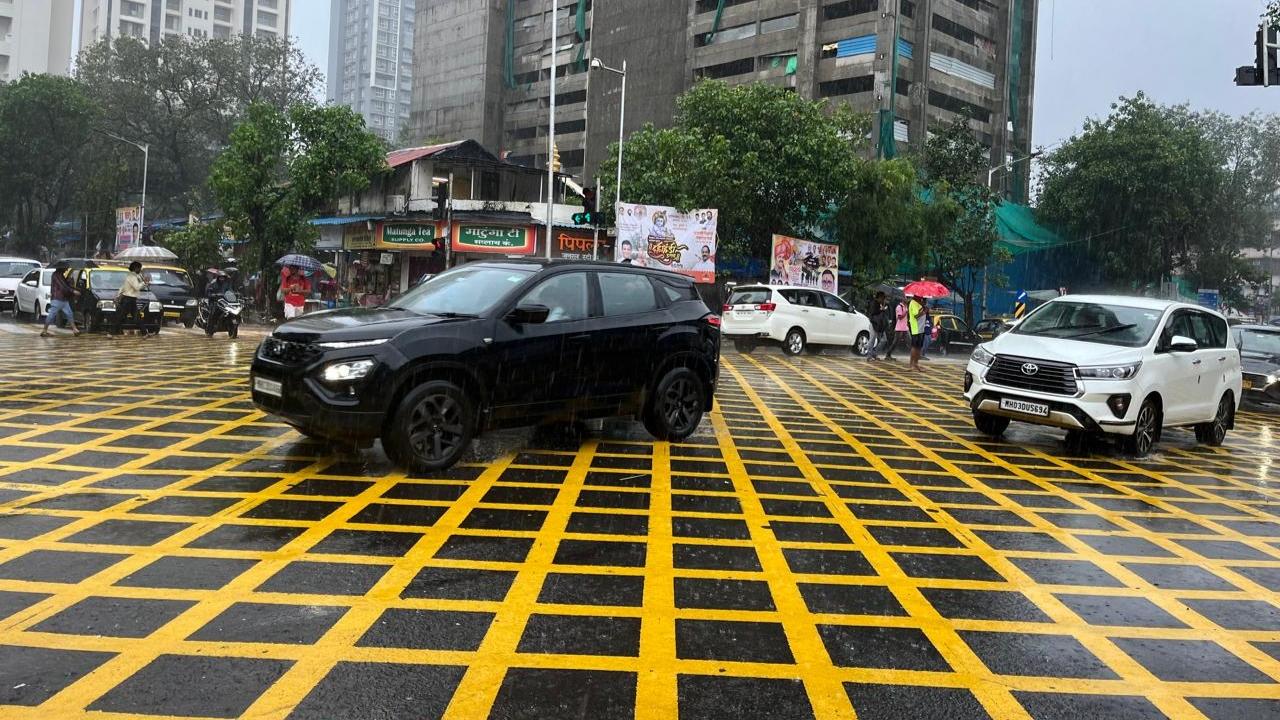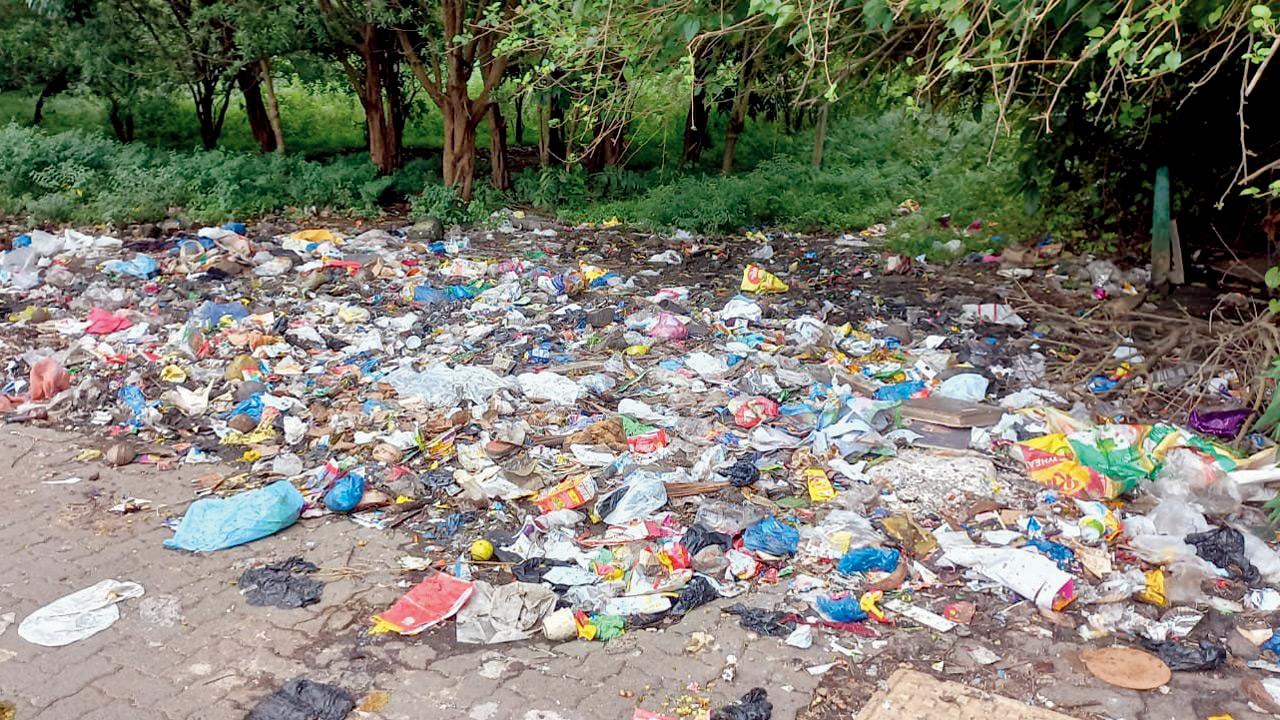The Election Commission of India (ECI) on Monday announced a Special Intensive Revision (SIR) of electoral rolls across 12 states — a move that marks the success of a seven-year campaign by a Pune-based citizens’ group that exposed large-scale discrepancies in voter lists.
The Forum for Innovation and Application (FINNAPP), a Chinchwad-based civic group led by misal pav eatery owner and social activist Chinmay Kavi, has been working since 2017 to highlight the issue of fake and duplicate voter entries. Kavi’s investigation found that names of deceased individuals continued to appear on electoral rolls — exposing an estimated 9.15 crore fake or invalid voter entries nationwide.
“We’re very happy that the EC has finally declared the SIR for 12 states,” Kavi told mid-day. “Our data showed nearly 9.15 crore fake voters, including repeated names, deceased individuals, and those no longer eligible to vote.” Kavi said officials were initially reluctant to act until FINNAPP proposed practical solutions. “When we met authorities, they said they’d act if we came up with workable measures, and we did,” he said.
Chinmay Kavi, social activist
Earlier, Goa, Maharashtra and Uttar Pradesh had accepted FINNAPP’s proposal to delete names of deceased voters from electoral rolls. But despite door-to-door surveys and verification drives, several inaccuracies remained. To plug this loophole, FINNAPP suggested that Form 7 submission — the form used to delete names from voter lists — be made mandatory when issuing a death certificate. “In urban areas, it’s being followed to some extent, but rural compliance remains poor,” Kavi said.
He added that nearly 7.4 per cent of Maharashtra’s voter base still includes names of deceased individuals. “If such names are not removed, they can be misused for bogus voting. Besides, inflated population data skews government budgets and allocations,” he said. FINNAPP also pointed out that the rise in electoral roll numbers often exceeds the number of new eligible voters, suggesting that names of deceased individuals remain active, leaving the system open to manipulation.
To address the issue, the group proposed multiple solutions:
>> Linking death registration with Aadhaar
>> Making Form 7 submission compulsory before issuing a death certificate
>> Assigning unique death registration numbers through the Civil Registration System (CRS) portal
>> Deactivating Aadhaar IDs immediately after death registration
The Urban Development Department, under the deputy chief minister, has officially appreciated FINNAPP’s initiative and confirmed plans to implement the proposed measures.
So far, FINNAPP has submitted 32 citizen-centric proposals to various government departments, of which 12 have already been implemented, including the successful initiative that allowed Pune Traffic Police to collect fines via swipe machines, later adopted by other states.
“Ordinary citizens can play a big role in strengthening democracy,” Kavi said, recalling how his earlier campaigns had exposed traffic management lapses across Pune and Pimpri-Chinchwad.











